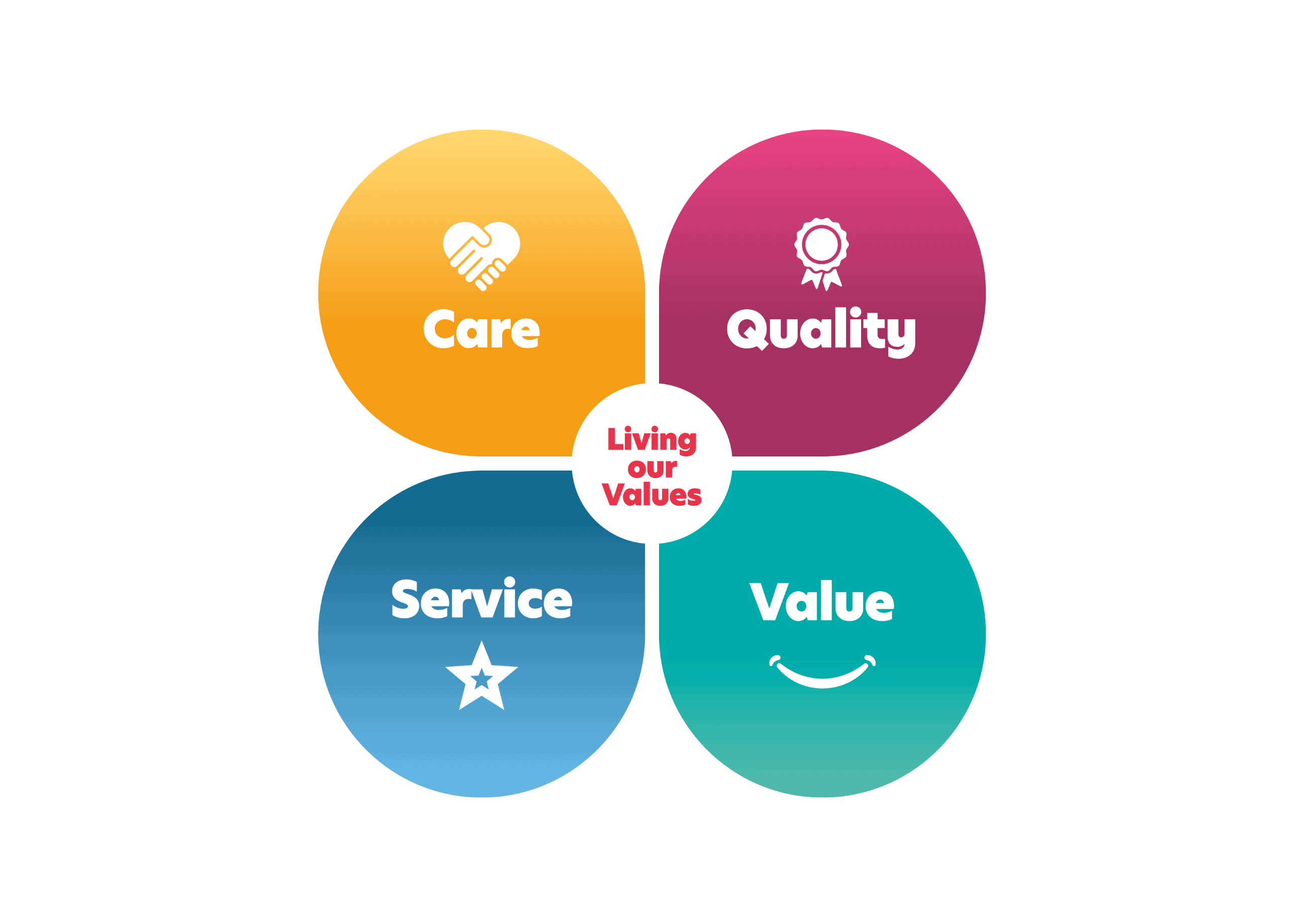The below article has been written by Busy Bees Chief of Operations Fiona Alston.
“In a growth mindset, people believe that their most basic abilities can be developed through dedication and hard work—brains and talent are just the starting point. This view creates a love of learning and a resilience that is essential for great accomplishment.” (Dweck, 2015)
The concept of growth mentality has developed and grown to support mental health in the early years of young children.
The idea, developed by a US psychologist named Carol Dweck, is that people will develop either a fixed mentality – this is who I am and what I’m good at, and very little can change that; or a growth mentality – that we can improve our knowledge, skills and abilities with effort. A growth mentality doesn’t say “I can’t”, it says “I can’t – yet”. It’s a reason to keep trying.
What are the goals we want for our children? As a mother of three children, for me it is resilience. The ability to be challenged and bounce back, knowing it is okay to fail at times and this can be as simple as falling off a bike, tripping over, making a bed, or building relationships with peers.
When we engage and have conversations with children this assists them with their growth mindset.
Ways to support children includes how we respond to a child, rather than saying “Your dancing was fantastic”, say “if you keep trying you will remember all the moves” or rather than saying “Your painting (slightly unrecognisable) of the garden is incredible”, you can ask your child about the painting and suggest “Would you like to go outside and finish your painting in our garden?” Inspiration can be an encouraging step and ability to develop the child’s problem-solving skills.
When a child states “I don’t want to pack up my toys” two powerful words that can be used are “What” and “How”. For example, when a child presents a situation that they feel they cannot complete, use language such as “I can see you have been busy with your toys today, how can we work together and what can we do to get this job done?” A few changes to the way we execute and deliver our communication to children can achieve a positive experience and outcome.
Over time your child’s language will change from “I can’t” and “It’s too hard” to “I’m trying” and “I’m learning”. Confidence will develop and be built on with a change in emotional development and intelligence and these growth mindset skills will encourage lifelong learning for our children from their Early Years and into their adulthood.
At Busy Bees it is our vision to give every child the best start in life, and encouraging growth mindset is a vital step towards this skill which our Service Managers, Teaching Practitioners and Educators encourage and develop with each and every child.

